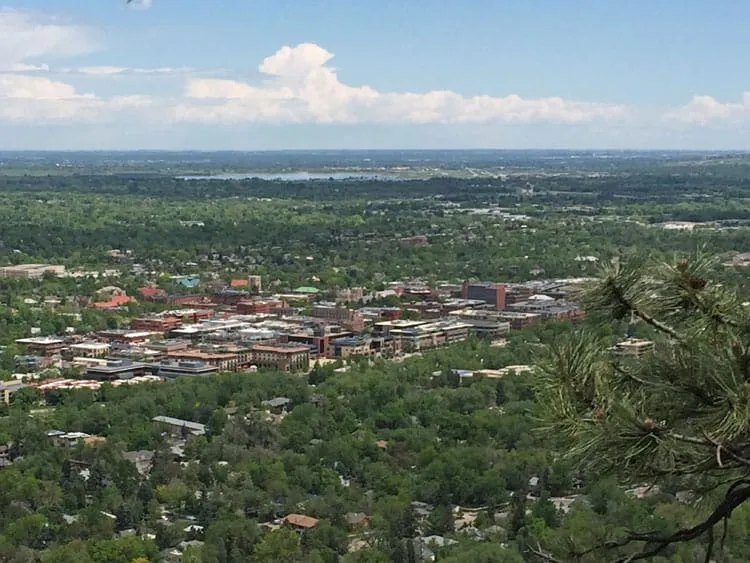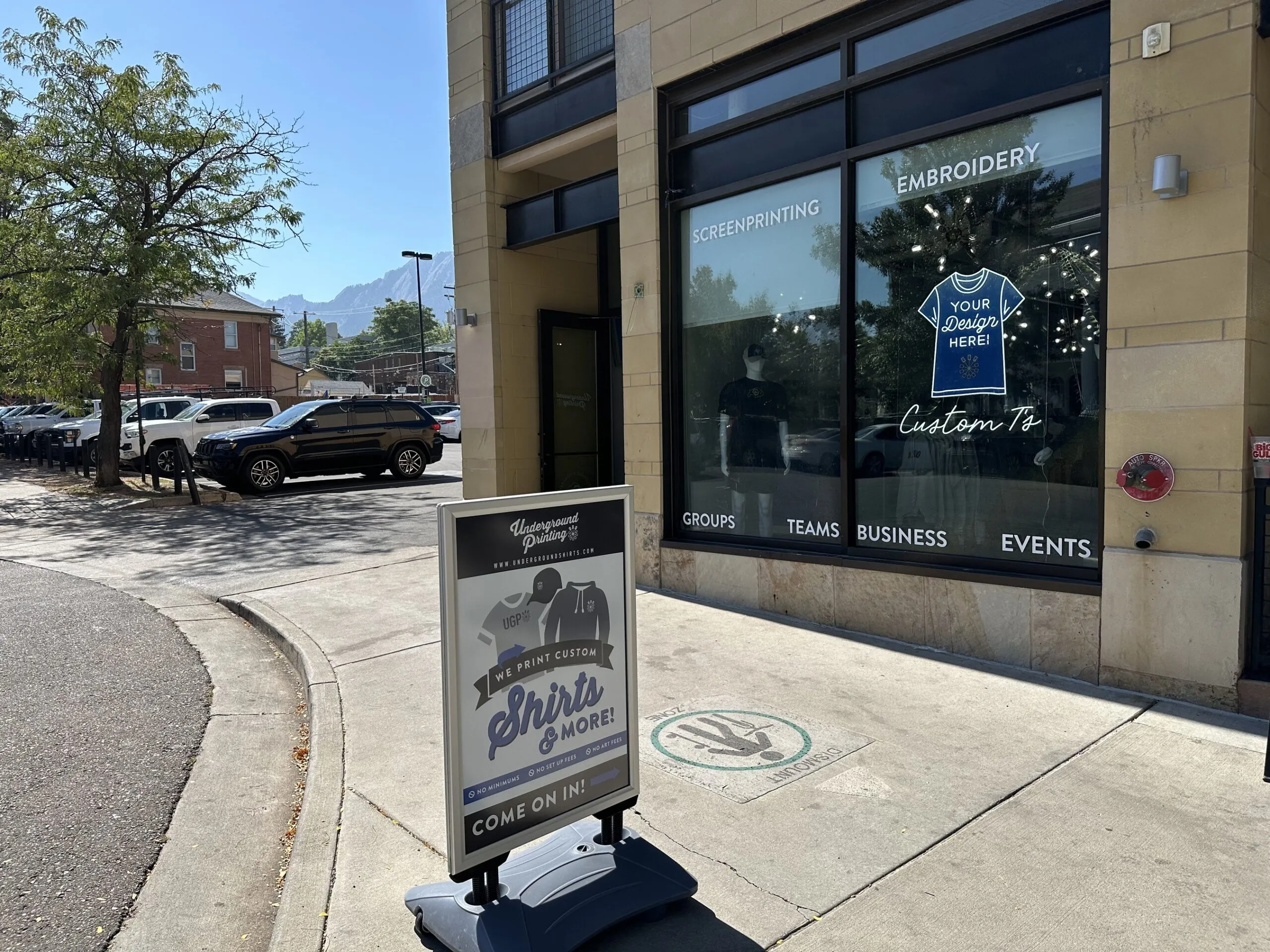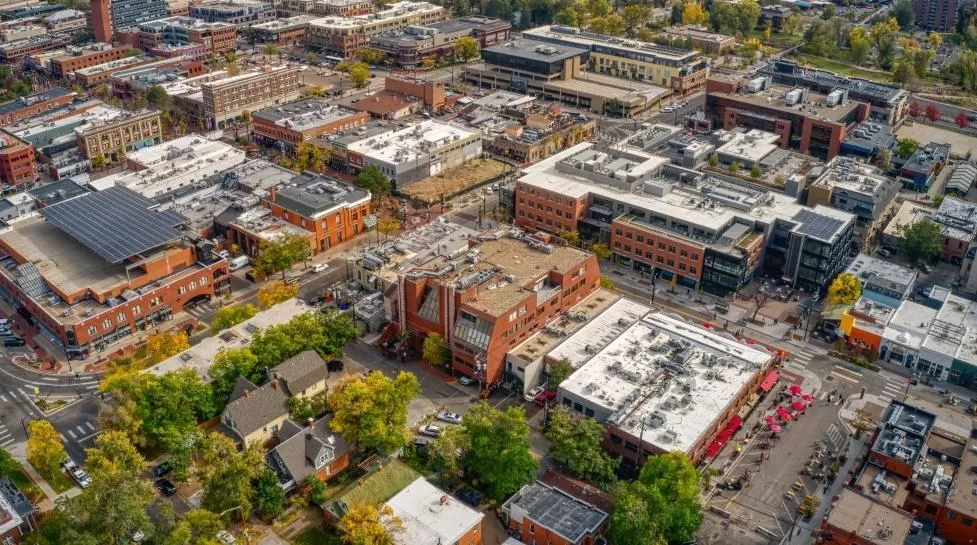Boulder looks to redefine how innovation is measured

BOULDER — Brookings, Forbes, Fortune, Kauffman and other indexes are all measuring innovation, but Boulder Chamber and Boulder Economic Council believe they have found a better way to compare the city to the likes of Silicon Valley, Seattle and San Francisco.
After years of research, analysis and focus groups, the Boulder Innovation Venture Report was developed to compare Boulder to known national innovation hubs on issues like the people, investment capital, research and development as well as place and quality of life.
 Clif Harald, executive…
Clif Harald, executive…
THIS ARTICLE IS FOR SUBSCRIBERS ONLY
Continue reading for less than $3 per week!
Get a month of award-winning local business news, trends and insights
Access award-winning content today!




